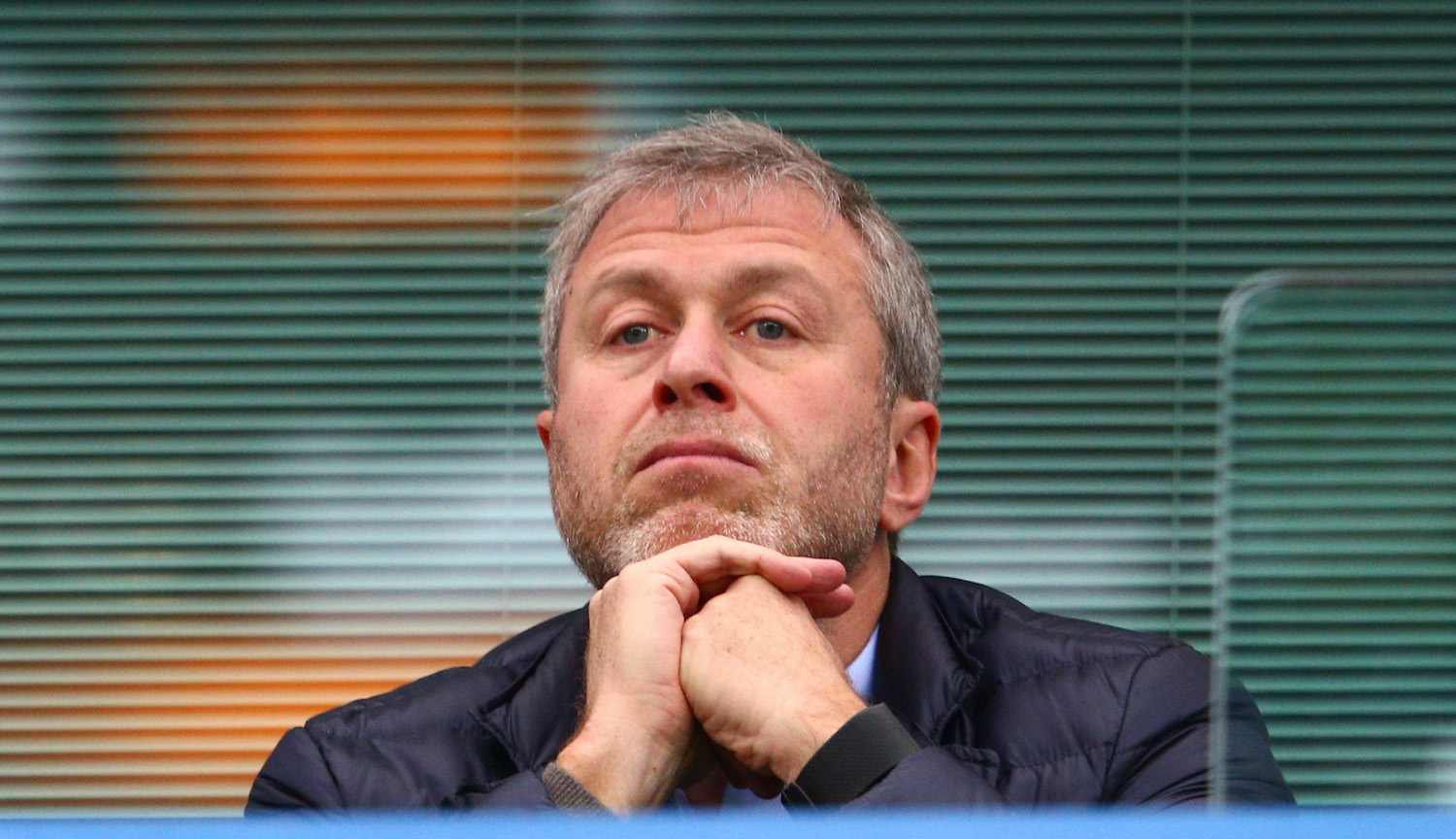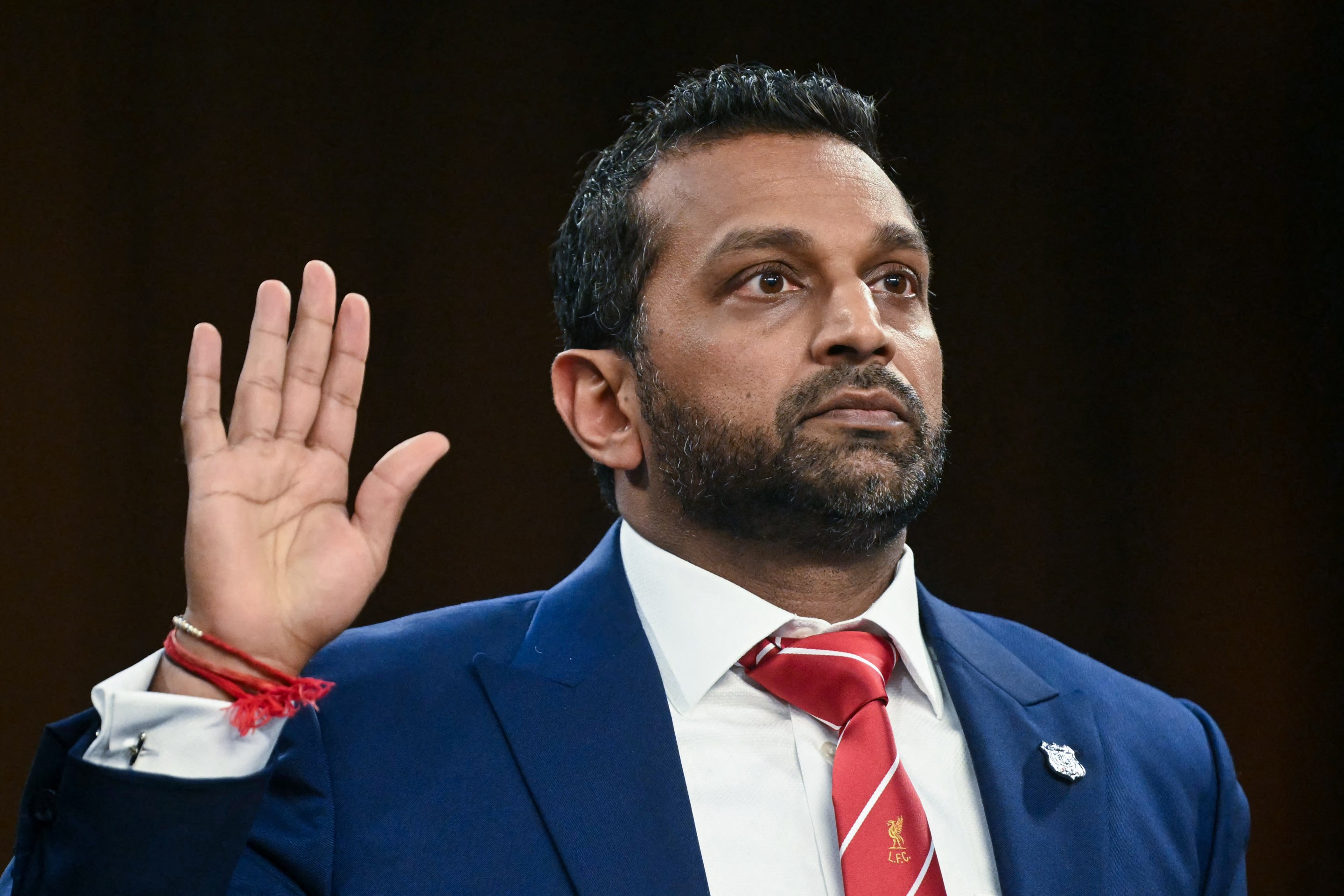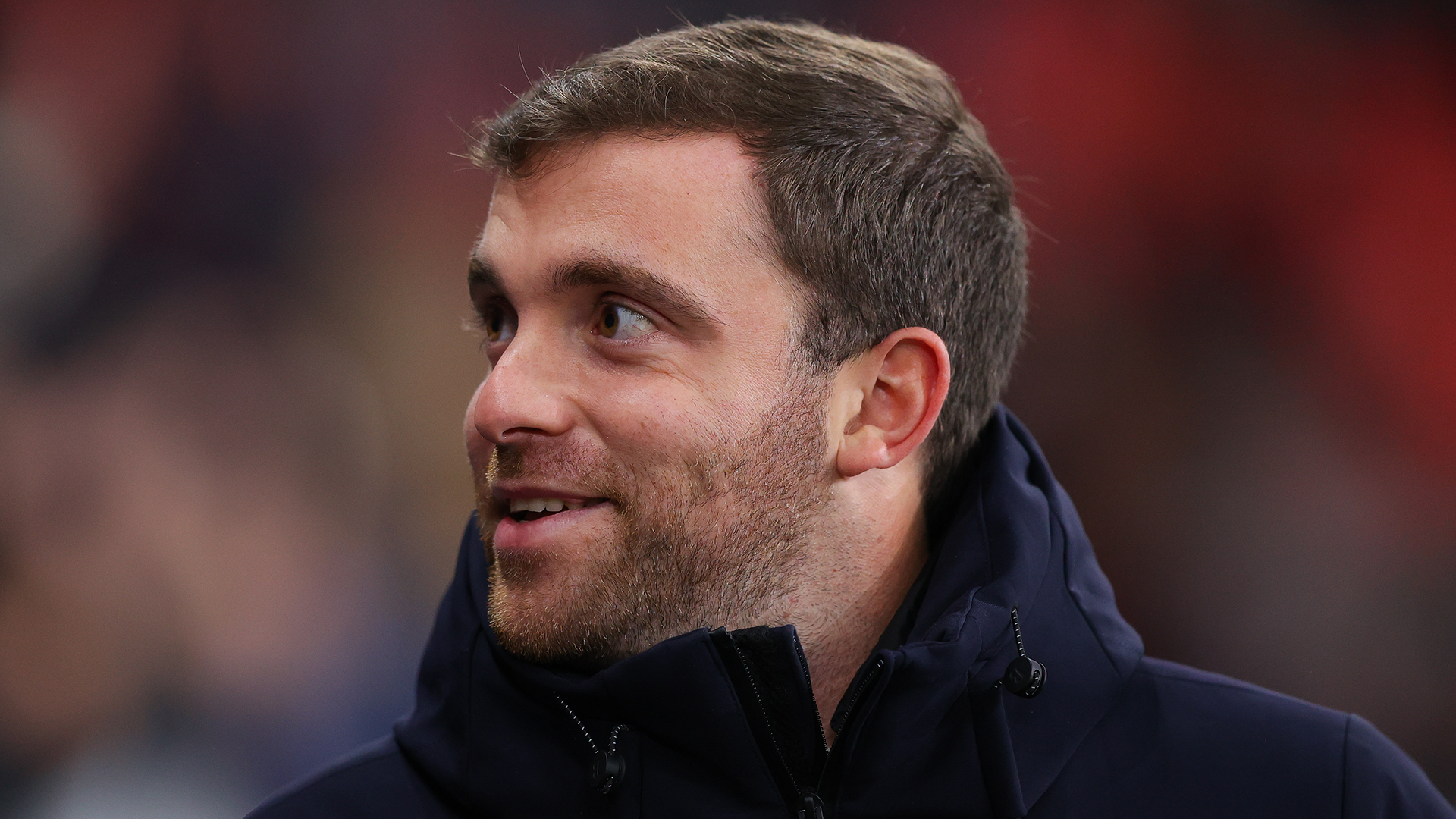If you were a sufficiently plugged-in soccer enjoyer in the years leading up to 2020, you might have come to the reasonable conclusion that the biggest and most well-funded soccer clubs in the world are nigh-unshakeable institutions, global brands rendered too big to fail by sheer force of financial heft. Transfer-fee records were not really worth discussing, as they'd get broken in each successive summer. Financial fair play regulations designed to level the playing field and reign in the power of petrostate-owned clubs didn't really do anything. Short-lived challenges to the European status quo by Chinese and Russian upstarts were only really notable for how quickly they died out and bowed to entrenched power. But if you have been sufficiently plugged-in soccer enjoyer for the last two years, what you have seen more than anything is the imposition of real life on seemingly implacable clubs. Roman Abramovich's sudden, forced sale of Chelsea F.C. is the latest and strongest example.
Abramovich bought Chelsea in 2003, when he was roughly halfway through an eight-year term as governor of a Russian okrug, seven years after he moved into an apartment in the Kremlin at the invitation of Boris Yeltsin, and four years after he helped pick Vladimir Putin's cabinet. Those close associations with Russian state power have earned Abramovich a certain skepticism from the soccer world, and as British authorities have responded to Russia's invasion of Ukraine by sanctioning many of the billionaires who have flocked to London to launder money and hide assets, Abramovich has come to the reasonable conclusion that he needs to sell the club while he can still get value for it.
He first transferred "stewardship and care" of the club to its charitable foundation, only to announce days later that he will be selling. Bidders have until Friday to submit offers, and Abramovich is looking for at least $2.5 billion.
Statement from Roman Abramovich.
— Chelsea FC (@ChelseaFC) March 2, 2022
Abramovich is one of the richest people in the world, a position he is trying to retain under increasing scrutiny. Chelsea is just one of the many assets he has in England, and Labour party leader Keir Starmer raised a ruckus on Wednesday about Abramovich's rapid liquidation of his other assets in the country. He probably will have a chance to get everything out before sanctions can take effect: Britain's Foreign Office and National Crime Agency said earlier this week there were not yet "reasonable grounds" to legally designate Putin-connected residents of Moscow-on-Thames as such, which means obvious sanction candidates likely have enough time to get a significant portion of their money out from under U.K. scrutiny.
As for Chelsea, Abramovich said he will not seek to profit from the deal for the club, which he says he's poured two billion dollars of his own money into. He claimed net sale proceeds will be funneled to an as-yet nonexistent charitable foundation, which will "be for the benefit of all victims of the war in Ukraine." You can believe him as much or as little as you want, but the relevant dynamic here is that the richest non-state owner of a Premier League club was compelled to run screaming at the first sign of government scrutiny. This is a sign of who really holds power here.
The question is what comes next. According to the Guardian, the Premier League is weighing the addition of a human rights requirement authored with the help of Amnesty International. Per the report: "The Amnesty test called, among other things, for the Premier League board to consider whether a prospective owner or director had been complicit in serious violations of international human rights law or any conduct at odds with the league’s anti-discrimination policy." In the abstract, this makes some sense, though it is worth considering the financial incentives in play and the people who actually own Premier League teams. The people who made the English Premier League into a globe-bestriding colossus have no reason other than public relations to take any meaningful action against rich owners, and while EPL fans hold more political power than their American counterparts, consider how Newcastle fans have embraced their new ownership, Saudi Arabia's sovereign wealth fund.
Considering that 14 of the 20 EPL owners will have to approve any such changes, it's likely that any human rights measures will merely serve as symbolic legal cover for business as usual to continue. Why would a bloc of owners back a measure that would meaningfully restrict their own power? What's more, the very notion of a human rights approval process for a prospective owner of a sports team is contradictory on its face. Anyone who can afford to buy a Premier League team necessarily has to be worth billions; any person worth billions necessarily is an engine of human immiseration. As Phil Mickelson detailed, the Saudi Public Investment Fund is certainly connected to a litany of human rights abuses; if this EPL scrutiny is being conducted to pick out the good billionaires from the bad, it is searching for differences of degree, not of kind.
The NBA strike is a useful example to triangulate with here, simply because the concept of sports ownership wobbled on its axis for a brief moment. What does anyone really owe a sports owner?, asked Kyrie Irving. I still have not seen a worthwhile answer. Setting the bar for ownership above “not a human rights violator” makes some sense, but only once you accept the basic premise that sports teams must have owners. The U.K. government obviously has, wholeheartedly enough to help them with their laundry.






